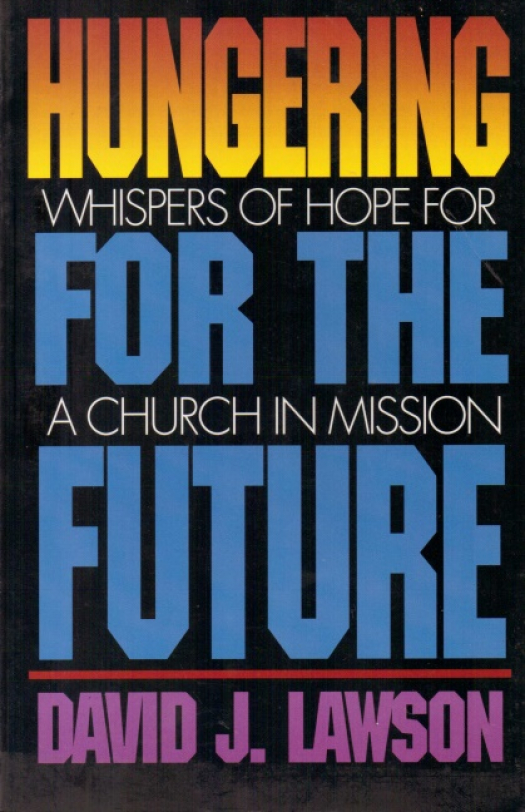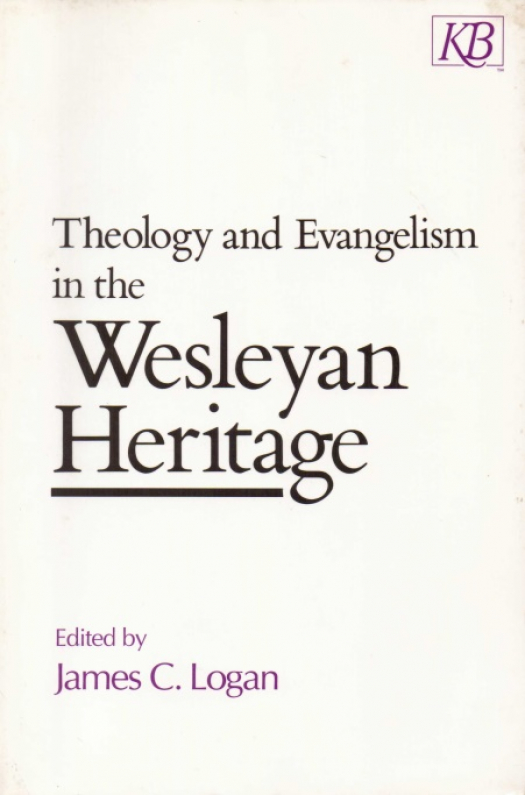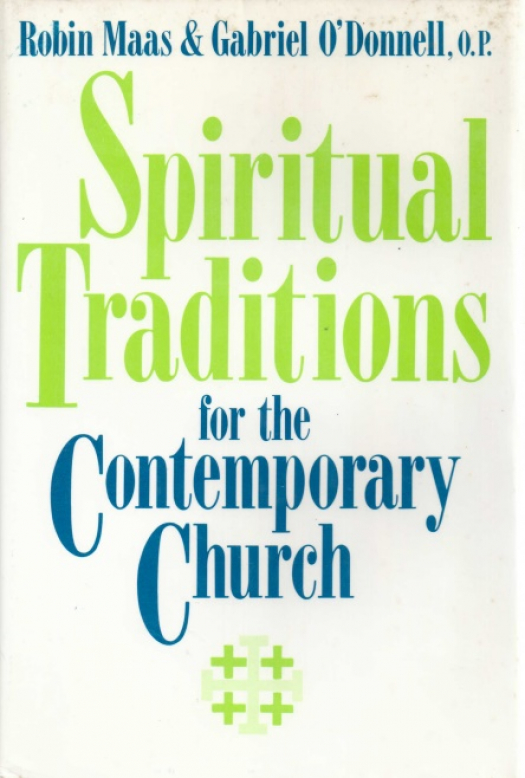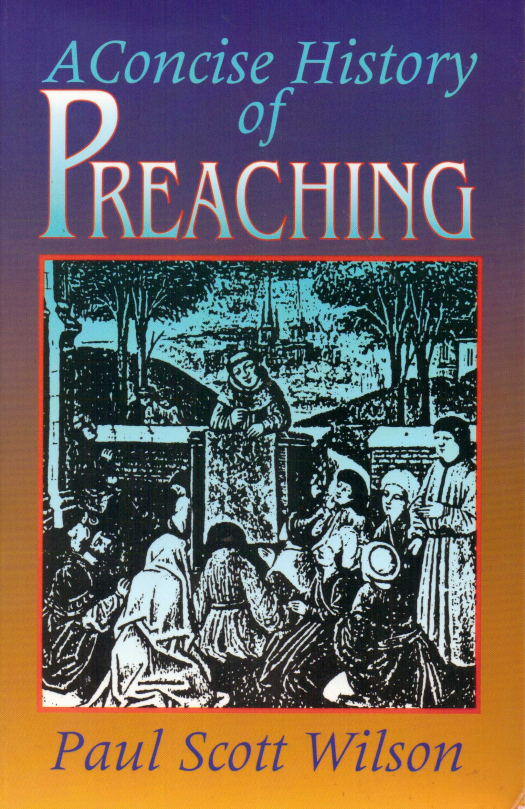Hungering for the future : whispers of hope for a church in mission / David J. Lawson - Donación Ana Rita, Carlos, Rubén Pagura Alegría
The way into our future, writes Bishop Lawson, is not clear. The congregation of the future will see itself as a missionary congregation in mission territory, wherever in the world it is located. Such a congregation must be solid in faith, open to innovation, and responsive to the changing needs of the world. Bishop Lawson calls for a church that "incarnates compassion, peacemaking, and healing, where that deep but vague hunger [for a church] wil find a banquet table".
U15026
Theology and evangelism in the Wesleyan heritage / editado por James C. Logan ; William J. Abraham - Donación Ana Rita, Carlos, Rubén Pagura Alegría
This is the first volume specifically focused on the theology of evangelism in the Wesleyan tradition to be published in more than twenty years. It contains essays written by key Methodist leaders fros Asia, America, Europe, and Africa, thus offering a wide range of views of the nature and purpose of evangelism in the Wesleyan heritage and providing focused and stimulating theological reflection on this important topic. The essays give attention both to the theology of John Wesley and the evangelistic practices of Wesley`s Methodism and to the theological and institutional development of Methodist evangelism in the two hundred years since Wesley.
U15025
Spirtual traditions for the contemporary church / editado por Robin Maas - Donación Ana Rita, Carlos, Rubén Pagura Alegría
This volume offers a comprehensive intellectual and experimental introduction to Christian spiritually. It embraces spiritual traditions from the Patristic period to the present day.
After an introduction, Part I covers spiritual types that have been fundamental in shaping spiritual practice. Part II offers major introductory essays on spirutal traditions formed by such notable figures as Luther, Ignatius, Wesley, and John of the Cross, as well as ecclesiastical traditions such as Anglicanism. The final section is devoted to the feminine dimension in Christian spiritually.
U15024
A concise history of preaching / Wilson, Paul Scott - Donación Ana Rita, Carlos, Rubén Pagura Alegría
From the apostle Paul, Origen, and Chrysostom through Aquinas, Luther, Calvin, and Wesley to Catherine Mumford Booth, Harry Emerson Fosdick, and Martin Luther King, Jr., this volume traces the history of preaching by focusing in particular moments in the sermons of twenty key Christian preachers.
By tracing the development of homiletics from the early church through the Middle Ages and the reformation to modern times, "A Concise History of Preaching" analyses how preachers through history have structured their sermons and shows how preaching embodies the theological ideas of an era.
By showing how modern preacher can use the form, rhetoric, theology, and style of Augustine, Bushnell, or others, this concise overview will be useful to seminarians in courses on preaching, and to pastors who are looking for ways to energize their preaching.
U15023





